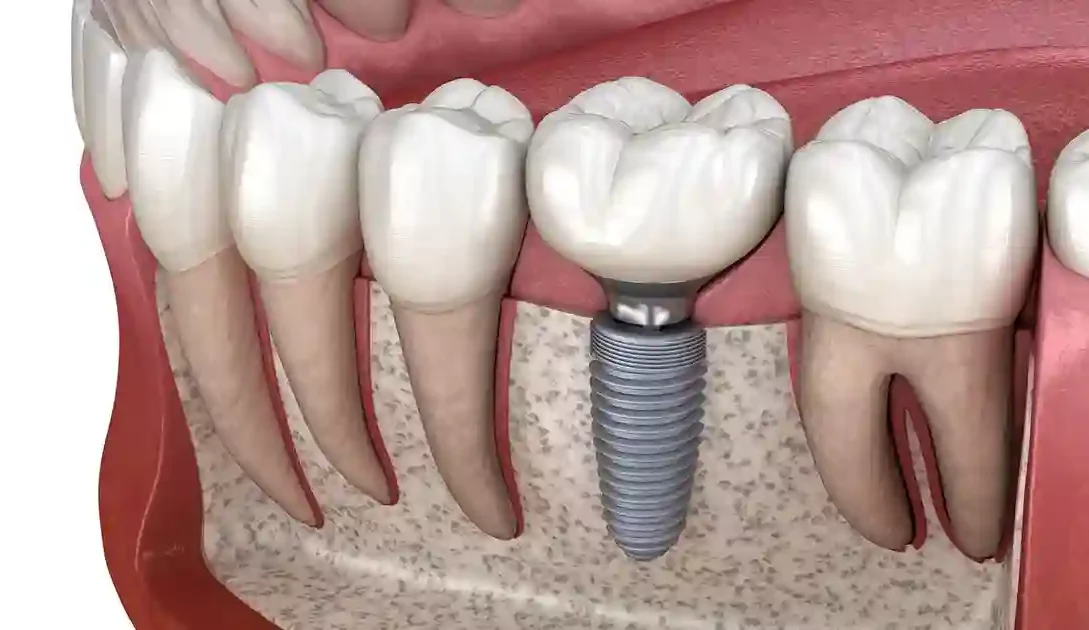Dental implants are a great tooth replacement option because they look, act and feel like real teeth. They also save more of your natural teeth than bridges do.
It’s important to know everything you can about dental implants before getting them. This article will cover everything you need to know, from cost to recovery.
1. Know the Cost
Dental implants are a medical device, not like a traditional bridge or denture, and they come at an extra cost. However, they last for a lifetime and are much more durable than other tooth replacement options.
Typically, dental implants are covered by private insurance, but not always. Some full-coverage plans explicitly cover the procedure, and others may reimburse up to 50% of its costs.
To find out if you qualify for implants, your oral surgeon will take X-rays, examine the condition of your gums and teeth and perform a dental impression. This will help them find a good location for the implant. They will also determine if you need a bone graft to make the area more secure. Lastly, they will see whether you have any health issues that could interfere with the surgery, such as uncontrolled diabetes or immune diseases.
2. Know the Procedure
Implants are metal fixtures surgically fastened to your jawbone on which artificial teeth can be mounted. Your dentist will assess the strength of your jawbone to ensure that an implant will work for you. During the procedure, you’ll need to see a doctor who specializes in conditions of the mouth and jaw (oral and maxillofacial surgeon), and a dentist who fits false teeth or crowns (periodontist).
Dental implants aren’t suitable for children, but older teens can have them done if their facial bone structure is mature enough. They may not be successful in smokers, people who have uncontrolled diabetes or people who grind their teeth at night (a condition called sleep bruxism). The success of implant surgery depends on how well you follow your dentist’s post-op instructions and practice good oral hygiene.
3. Know the Materials
Unlike a dental bridge or denture, implants are permanent and do not require additional surgery to keep them in place. The implant fuses to the bone tissue through a process called osseointegration.
Titanium is the most commonly used material for implants because it’s a strong and durable metal that’s well-tolerated by the body. The titanium material is usually alloyed with trace elements of iron, nitrogen, oxygen, and carbon to improve its strength.
Another popular material for implants is zirconia, which is a type of biocompatible ceramic. It is a more recent option to the field of dentistry, and it offers similar benefits to titanium. It is also suitable for patients who have allergies to titanium or other metals. Zirconia implants are more durable than acrylic implants, but they’re not ideal for bruxism because they can break easily.
4. Know the Recovery
Getting dental implants involves surgery, which is always a health risk. However, complications are rare and can be avoided by following the dentist’s recommendations.
After the procedure, you can expect to experience some pain and swelling. Taking over-the-counter pain relievers like ibuprofen or acetaminophen can help alleviate the discomfort. It is also important to rinse your mouth often, especially after meals. A chlorhexidine mouthwash is a good option. Avoid spitting, smoking or drinking through straws as they can disturb blood clots and slow down healing.
Once the implant site heals, you can brush your teeth twice daily and floss as normal. You should also visit your hygienist regularly to ensure your teeth and gums remain healthy. This will prolong the life of your new dental implants.
5. Know the Maintenance
As with natural teeth, consistent daily care is a must. Your daily routine should include twice-daily brushing with a soft manual or electric toothbrush and daily flossing using an interproximal brush or a water flosser that loosens and flushes plaque away.
Implants can develop problems just like natural teeth and the earliest sign is bleeding (mucositis). This is typically successfully treated and reversible but, left untreated, it may progress to bone loss and eventual implant failure.
To maintain optimal health and function, dental implants should be evaluated and cleaned at least every six months by your dentist and hygienist. They will probe around the gum area to evaluate the level of tissue, obtain and compare x-rays, look for looseness, check the bite and assess the overall condition of the implant.














